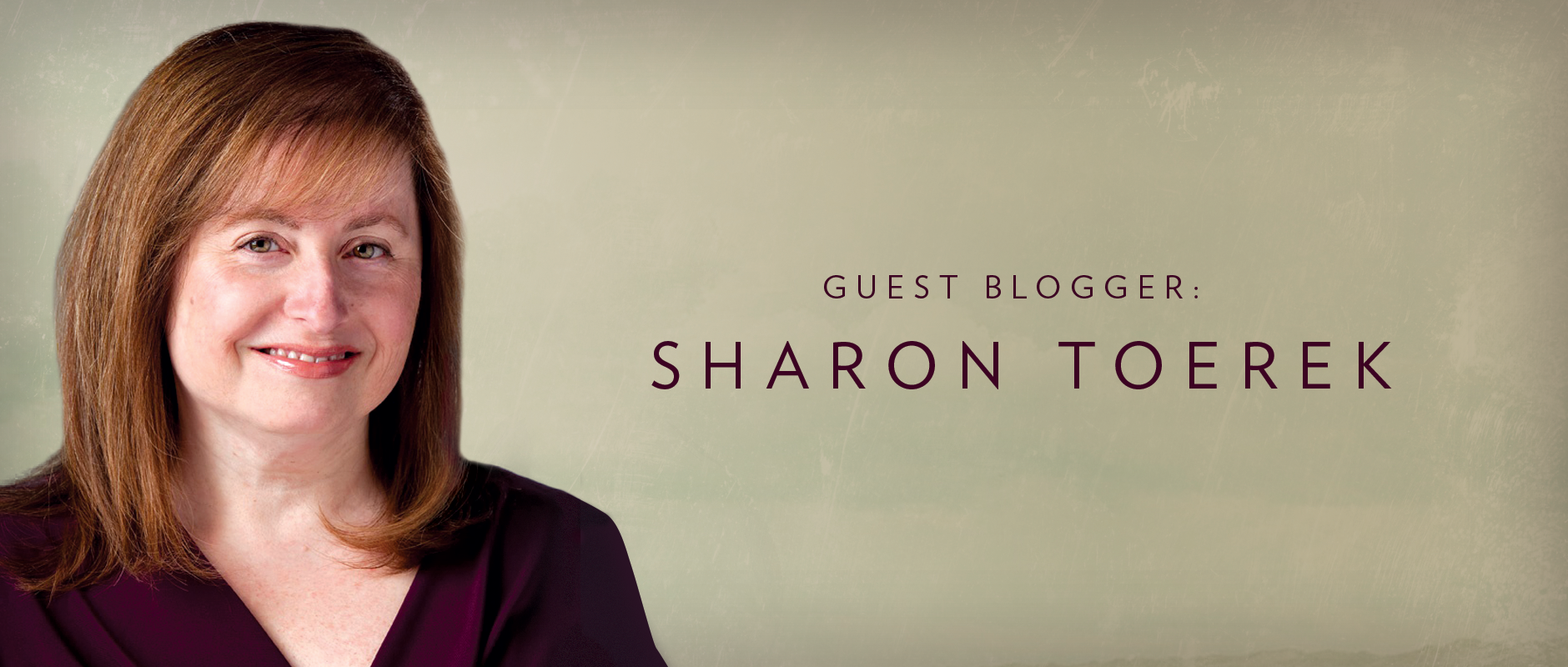Guest Blogger – Sharon Toerek: Content Creation: Legally Speaking
By designRoom | February 20, 2013

Sharon Toerek is a marketing law and intellectual property lawyer in Cleveland, Ohio and the publisher of the industry blog: Legal+Creative (www.legalandcreative.com).
My friends at designRoom Creative have creatively chosen the theme of words, copy and content for this month’s blog. They have graciously asked me to share thoughts about legal questions that word choices can create in marketing, branding or advertising. I’m always happy for the opportunity to talk (write) about protecting original creative work. The choice and use of words and content raises specific legal issues to think about early in the creative process. These are some of the ones that I see most often in my practice:
Trademarks: A word, or group of words strung together, used to brand a product or company usually serves as a trademark, connecting the buyer of a product or service with the seller. Trademarks are valuable to companies, sometimes more valuable than a company’s other assets. Trademarks need to be legally protected. Start the process of clearing a potential brand trademark early by conducting a comprehensive trademark search. Once the decision has been made about a brand choice (after clearance, of course!) take the necessary steps to protect it with a federal trademark registration. The two areas in which we see clients most frequently get into trouble are:
- Failure to perform appropriate trademark clearance (a GoDaddy or other domain name or Google search doesn’t cover it)
- Failure to start the clearance work early enough in the creative process
Save time, money, and aggravation by starting this process at the beginning of brand ideation. Know and use the right tools to do the job properly.
Copyright: An original expression of creative written content – including words, even words used for marketing purposes – is subject to copyright law protection from the time it is created. This has huge implications for content marketers, ad copywriters and anyone else who writes creatively. It’s important to know when this matters in a business context (more frequently than you think) and, when it does, who actually owns the copyright to the completed work. It would take a lot of digital real estate to discuss all the possible ways this can create legal implications, so let’s just focus on one simple rule: whoever created the content OWNS the content. Here are the most common scenarios of copyright ownership:
- You or someone you employ (actually employ, not use as a contractor) creates the content – YOU OWN THE CONTENT
- You engage a freelancer or independent contractor to create content – THEY (NOT YOU) OWN THE CONTENT
- You engage an Agency or a content factory to create content – THEY (NOT YOU) OWN THE CONTENT
Before I get a bunch of panicked comments or emails about those last two scenarios, here’s a clarification: the only way U.S. copyright law enables you to own copyright in work someone else creates for you – even if you have paid for it – is in a written document that says so, signed by the content creator. Get one and use it before the content is created, ideally, or immediately after. If you frequently procure content from outside resources, have standard agreement documents in place to secure these rights as a standard business process.
Ad Claims: Avoiding misleading or false claims in ad copy is, legally, the responsibility of everyone involved in the ad creation process. You need the best degree of confidence possible that the words you choose to describe a product’s attributes are accurate. It goes without saying that using words that knowingly create false claims is unlawful; what’s less clear is who is responsible if ad copy is misleading or a claim is not properly verified. The short answer is that everyone involved in the process can be liable. So ask a lot of questions. Assemble a lot of documentation. Be ready when someone asks how you know the product can do what you said it can do or why you believed it could.
Words carry weight, legally speaking. Now you know a little more about when, why and how to be prepared.
About dR
At designRoom, we make it our business to find real answers and create custom healthcare brands. We believe effective healthcare branding is grounded in research, directed by insight, and driven by strategy.
We love seeing how strategic branding helps the right clients find the right organizations and receive the right care. That’s been our focus for over a decade. Today designRoom is an award-winning, national branding and design firm, known for helping clients build and promote healthy, sustainable brands. And we are super proud of that.
